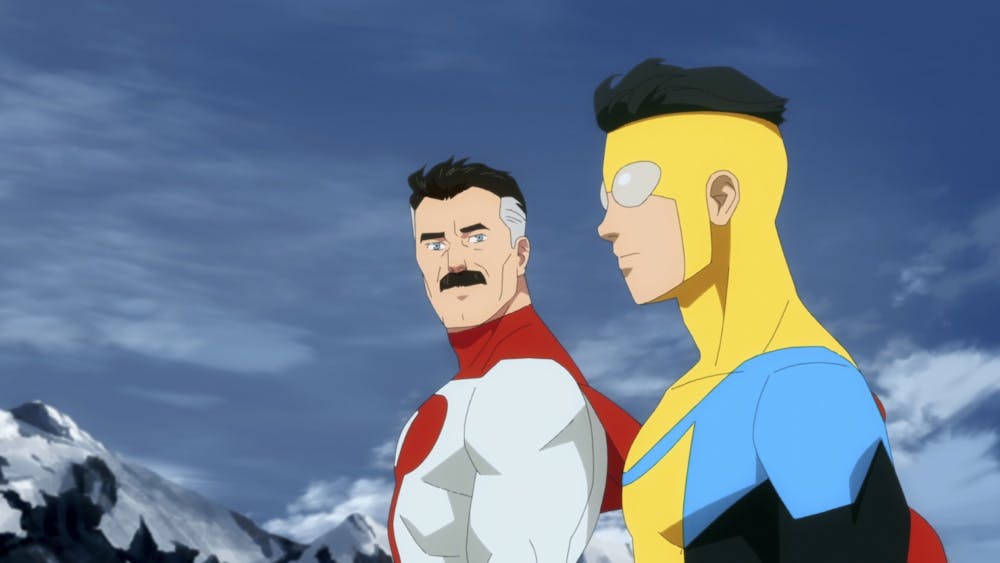If you’re reading a book, watching a show or seeing a movie for the first time there’s a decently good chance that one of the villains will end up with some form of redemption arc.
Sometimes these arcs have been in the making for a while, gradually forming with special bits of character development here and there, such as when Prince Zuko finally faces down his father and fights with Avatar Aang in “Avatar: The Last Airbender.”
Other times an antagonist will act on empathy seemingly out of nowhere and become good because the plot is calling for it, like with Steve Harrington in “Stranger Things.”
Don’t get me wrong, Steve is one of my favorite characters in the series, but he almost makes a more compelling villain. His friendship with the kids that evolves in the second and third seasons is cute, but his villainy gave the characters a non-supernatural villain to keep the show grounded.
The show needed that non-supernatural villain, and the insertion of Billy in the second season should be proof enough of that.Yet even Billy, who turns into a supernatural force in the third season, receives his own redemption arc.
Steve became a good guy because Jonathon and Nancy needed someone to save them from the monster, and Billy redeems himself in the end because Eleven–needed someone to save her from a monster.
Funny how that works, isn’t it?
Aang didn’t need Zuko as a firebending instructor, he could’ve surely found another during his journey, but Zuko had a clear arc where his morals shifted and he distanced himself from his past poor decisions over time. There was something there to warrant Zuko’s redemption.
The plot simply needed Steve and Billy to fully turn good at a specific moment to keep the show moving forward, which isn’t a solid reason for a character arc. It felt forced, not to mention the show completely dropping Billy’s heavily implied racism after the second season.
U.S. Agent, the new Captain America in “The Falcon and the Winter Soldier”, also gets his own redemption arc out of seemingly nowhere. It’s a feel-good moment that comes as a bit of a shock when a man with a personal vendetta gives it up for the sake of doing the right thing, again when characters need saving.
There is no gradual character development or compelling motive for him to turn good, it just kind of happens. There’s no real good reason for him to act out of character like that, and for that reason it’s a flawed arc.
One of the most famous redemption arcs, that of Darth Vader in “Return of the Jedi”, is pretty sudden in the moment under similar circumstances to Steve, Billy and U.S Agent with a character needing to be saved. However, it gets a pass with Anakin receiving more of a fleshed out arc in the prequel trilogy and other media.
Parental redemption arcs in particular can be an area of concern. Anakin slaughtered countless innocents, including children, during his time as Darth Vader. Omniman does the same thing in “Invincible”, but ends up with his own redemption arc.
This isn’t true in the real world. Darth Vader and Omniman were just plain evil guys that eventually turned good. This doesn’t typically happen with bad parents. Dads don’t just become good because they finally feel love for their kids.
So, if an antagonist has valid reasons for redemption, go for it if it feels right. Just don’t throw it in because the show’s plot needs it to happen.




